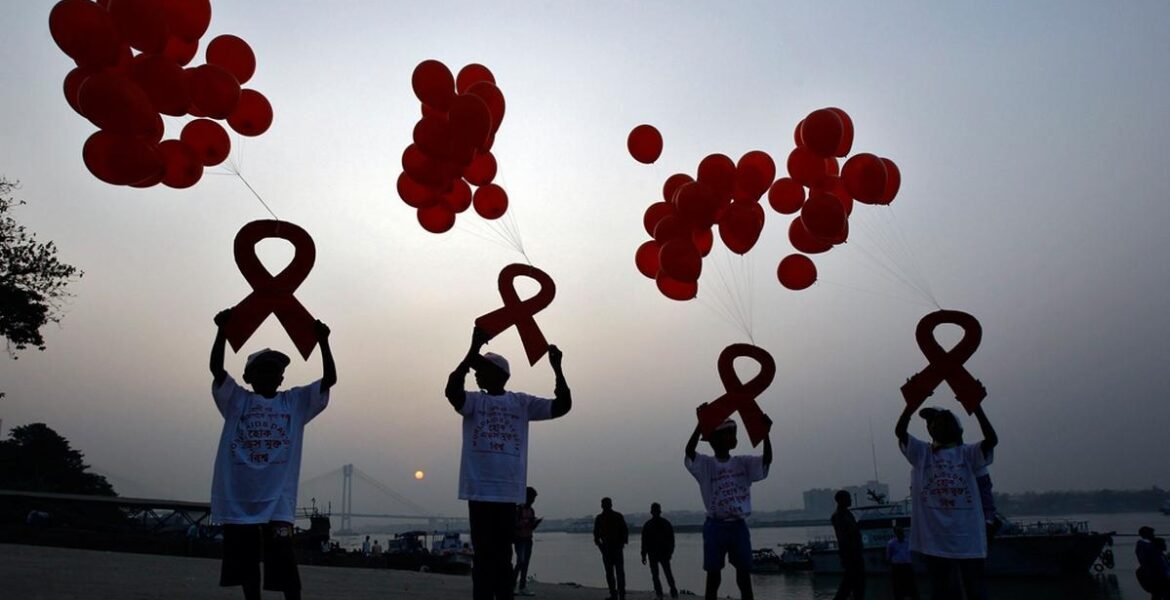The number of people infected with HIV in Turkey has increased by 460% in the last 10 years, says Ender Bora from the "We are positive" association. The association cares for people affected by HIV and aims to inform Turks, DW reported.
In recent years, new infections have been decreasing worldwide except in North Africa, the Near East and Turkey. 2,500 to 3,000 new cases are added each year.
In total, there are currently over 32,000 HIV positive people in Greece's neighbour. In a population of about 85 million that doesn't seem like much but the problem, Bora says, is the number of unreported cases because many people know little about aids.
"There is sex education in schools, but no one really learns anything there. People don't talk about aids at all and the state doesn't deal with information," he said.
Social stigma
In addition, many people avoid taking the test because it is easy to learn the result. Anonymous examination centres exist only in big cities, if they exist at all, says Arda Karapinar from the organisation "Red Ribbon." The fear of social consequences is great and justified, according to Karapinar.
"A few months after a positive result for example, if someone confides in his colleagues he can be fired the next day with the excuse of poor performance," he said.
If he wants to go to court for discrimination, his case would become even more public and not many people want that. According to Bora, people from the LGBTI community, drug addicts and prostitutes are particularly at risk of contracting and transmitting HIV.
It is precisely these groups that need to be informed about HIV and tested as often as possible. But in conservative societies, these people are ignored and treated as if they don't exist.
No support from the state
Many people take tests in Turkey. If someone wants to get married, they have to do a general health check. An HIV test is not mandatory, but is often done. Relatives of members belonging to the high-risk groups rarely learn the truth.
They are usually cared for by non-governmental organisations funded, for example, by the UN or EU funds. They get nothing from the Turkish state, Karapinar says, and all he would like is not to make their lives even more difficult.
READ MORE: Ankara celebrates "Turkish Coffee Day" with a tweet in Greek - Watch the video.


